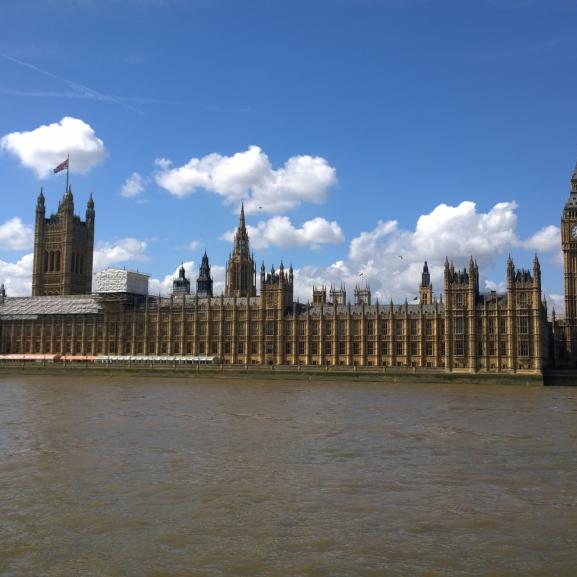UK system of detention is failing women in need of protection, says torture treatment centre
The Government’s preoccupation with meeting targets may be leading to the unfair and inappropriate detention of women fleeing severe human rights abuses including torture, exposing them to further trauma and leaving them without protection.
“UKBA policy is crystal clear: torture victims are categorically unsuitable for inclusion in the Detained Fast Track. However, in practice significant numbers of torture victims – including women who have survived horrendous sexual abuse – are winding up in there.”
That is the view of Freedom from Torture, formerly the Medical Foundation for the Care of Victims of Torture, whose clinicians play a key role in documenting evidence of such abuse, and whose findings feature in a new report from Human Rights Watch (HRW).
In its report, Fast-Tracked Unfairness: Detention and Denial of Women Asylum Seekers in the UK, HRW documents how women asylum seekers with complex claims are being routed into a system designed for less complex claims.
Detained Fast Track (DFT) is an accelerated procedure for assessing cases which according to the UK Border Agency (UKBA) can be decided “quickly”. However, the findings of both HRW and Freedom from Torture reveal that women, often having suffered severe physical and sexual abuse, are not being given the opportunity to reveal relevant information that would substantiate their cases because of the over-emphasis on fast decisions in their asylum claims.
“The pressure to meet case conclusion targets may be driving an ever stronger reliance on the DFT,” says Sonya Sceats, MF Policy & Advocacy Officer, in the report. “UKBA policy is crystal clear: torture victims are categorically unsuitable for inclusion in the DFT. However, in practice significant numbers of torture victims – including women who have survived horrendous sexual abuse – are winding up in there.”
The aim of the DFT is to process claims in around two weeks – all the while, keeping people detained and leaving them facing the threat of removal from the UK to the very countries they fled in fear. As HRW found, the women are held in detention largely for the UK’s administrative convenience.
The speeded up process means they have very little time to prepare a legal case and have only a few days to appeal if refused. According to the cases examined by HRW, women were given minimal time to obtain medical reports which might help establish the credibility of their claims, which are then unfairly challenged by UKBA case owners and Immigration Judges.
“Case owners regularly challenge our expert medical evidence by substituting their own opinions on clinical matters, for example by venturing alternative causes for scars or suggesting that the impact of an injury could not have been as described by the asylum seeker,” added Ms Sceats. “We spend a lot of time referring these cases to senior UKBA officials who agree this practice is unacceptable – they usually take action in the individual case, but clearly stronger guidance and training is needed.”






